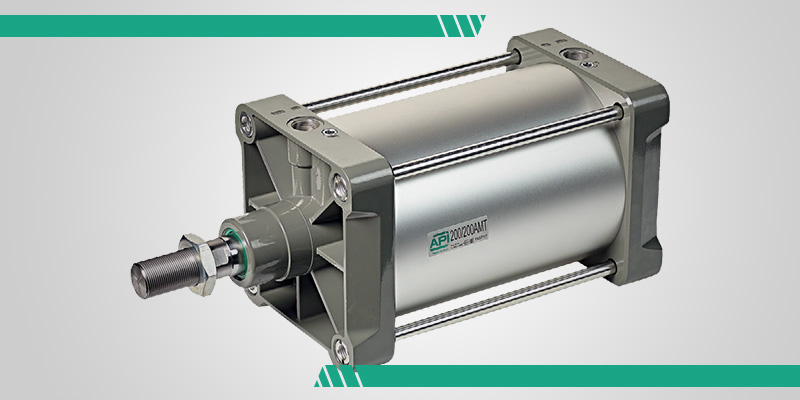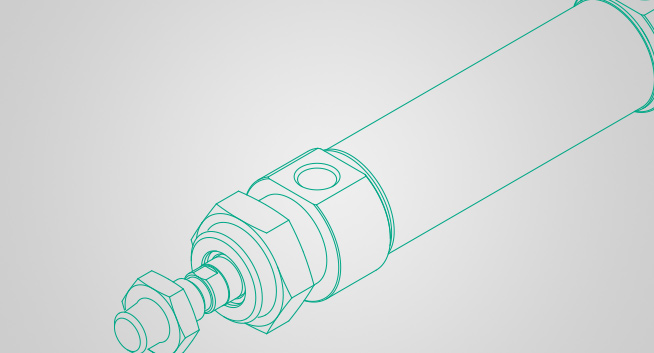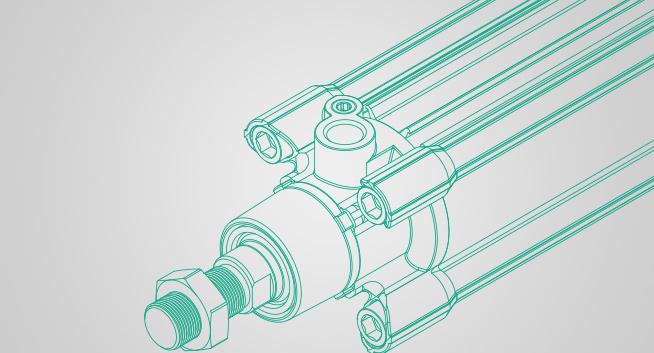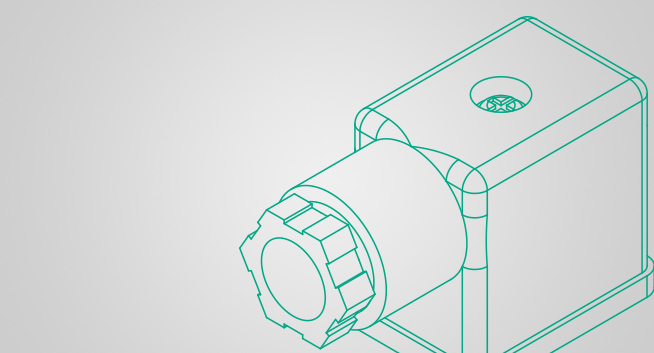Blog Listing
Find out all the latest news and events here at API Pneumatic UK here with our latest blog posts and updates.
The Role of Pneumatics in the Pharmaceutical Industry
The pharmaceutical industry is one of the most vital sectors in today’s modern world and is instrumental in improving and maintaining public health. A significant aspect of the pharmaceutical industry is its ability to ensure the quality, efficiency, and safety of pharmaceutical processes to protect human health and life. To achieve this, an array of advanced technologies are employed. One of the technologies ... Read more
Understanding the different types of Pneumatic Cylinders
Pneumatic cylinders are mechanical devices that are used to compress air to produce rotary or linear motion and are essential components in a wide range of industrial applications. When the device compresses air, the energy converted goes into mechanical work. One of the reasons why they’re so commonly used in various industries is because they’re easy to install, cost-effective, and efficient in automation proce... Read more
How to build a pneumatic system
Pneumatic systems are a reliable and efficient means of power transmission that play a crucial role in various industries. They can harness the power of compressed air and are often used for purposes such as control, automation and actuation. Here at API Pneumatic UK, we are a leading supplier of air treatment products and equipment to meet all compressed air or industrial requirements. In this article, we will ... Read more
What’s the Difference Between Pneumatics and Hydraulics?
API UK supplies a range of cylinders and associated products and accessories that can be used in both hydraulic and pneumatic systems. But what are the key differences between the two? Read on to find out more about the advantages and disadvantages of hydraulics and pneumatics, and find out more about the fantastic products we supply. The key difference between the two is down to the medium used to power the cylin... Read more
What Is Air Treatment?
At API Pneumatic UK, we supply a range of air treatment products. For compressed air or industrial requirements, we provide our own range of air treatment units, from filter regulator lubricators (FRLs) to micro regulators. In addition, our comprehensive air treatment range also includes pressure gauges, soft start valves, mounting accessories and stainless-steel equipment. But what is air treatment, and why is it so... Read more
What is pneumatic pressure?
Pneumatic pressure is used all around us, every day, in a wide variety of objects and applications. It’s an incredibly useful tool that helps make mechanical objects function effectively. But, what is pneumatic pressure? Continue reading this helpful article from API UK to find out everything you need to know about pneumatic pressure. Pneumatic pressure explained Pneumatic pressure is a pressure that is... Read more
Pneumatic flow control valve applications
Pneumatic control valves are components that are used to control the rate and pressure of airflow through a pneumatic application. These types of components are essential in a wide range of applications, but how do they work? Also, what types of pneumatic flow control valve applications are there? Continue reading as API UK explains in detail. What is a pneumatic control valve? Pneumatic valves are used t... Read more
Choosing the right valve for your application
Valves are some of the most important components in any pneumatic system, so choosing the right valve for your application is critical. There are various factors to consider when selecting the best pneumatic valve for your specific needs. Here, API UK explains the different types of valves available and how to match them to your specific application. WHAT IS A PNEUMATIC VALVE? A pneumatic valve is used ... Read more
How are Bricks Manufactured?
Bricks have been used as a building material for thousands of years, and they continue to be an essential part of construction today. Brick making combines clay, sand, water, and various additives to make a brick mould that is dried and fired. In this article, API UK will explore how bricks are manufactured and highlight the clear advantages of using pneumatic equipment throughout the brick making process. ... Read more
What are the Main Components of a Pneumatic System?
Pneumatic systems are commonplace across many industrial applications and industries. This is thanks in no small part to the clean, cost-effective, readily available power that compressed air brings to many automated factory processes. But what exactly is a pneumatic system? Keep reading this informative guide to learn more about the main components of a pneumatic system, their various benefits, and how you can sourc... Read more
The Three Types of Pneumatic Cylinders
Several main types of pneumatic cylinders are available on the UK market today. For most industrial applications, it’s typically a straight choice between single-acting or double-acting pneumatic cylinders, with stainless steel cylinders adding a corrosion-resistant alternative. So what are the benefits of each? API UK explains all in this handy guide. WHAT IS A PNEUMATIC CYLINDER? Pneumatic cylinders... Read more
How API Prevents Corrosion in Pneumatic Cylinders
Rust and corrosion can damage poorly maintained pneumatic cylinders. Especially those exposed to regular CIP/SIP washdowns and aggressive chemicals. But the solution lies with stainless steel cylinders that provide the highest levels of corrosion resistance. Here, API UK discusses the added value of switching to stainless steel pneumatic cylinders. CORROSION IN PNEUMATIC CYLINDERS Standard aluminium pneum... Read more










